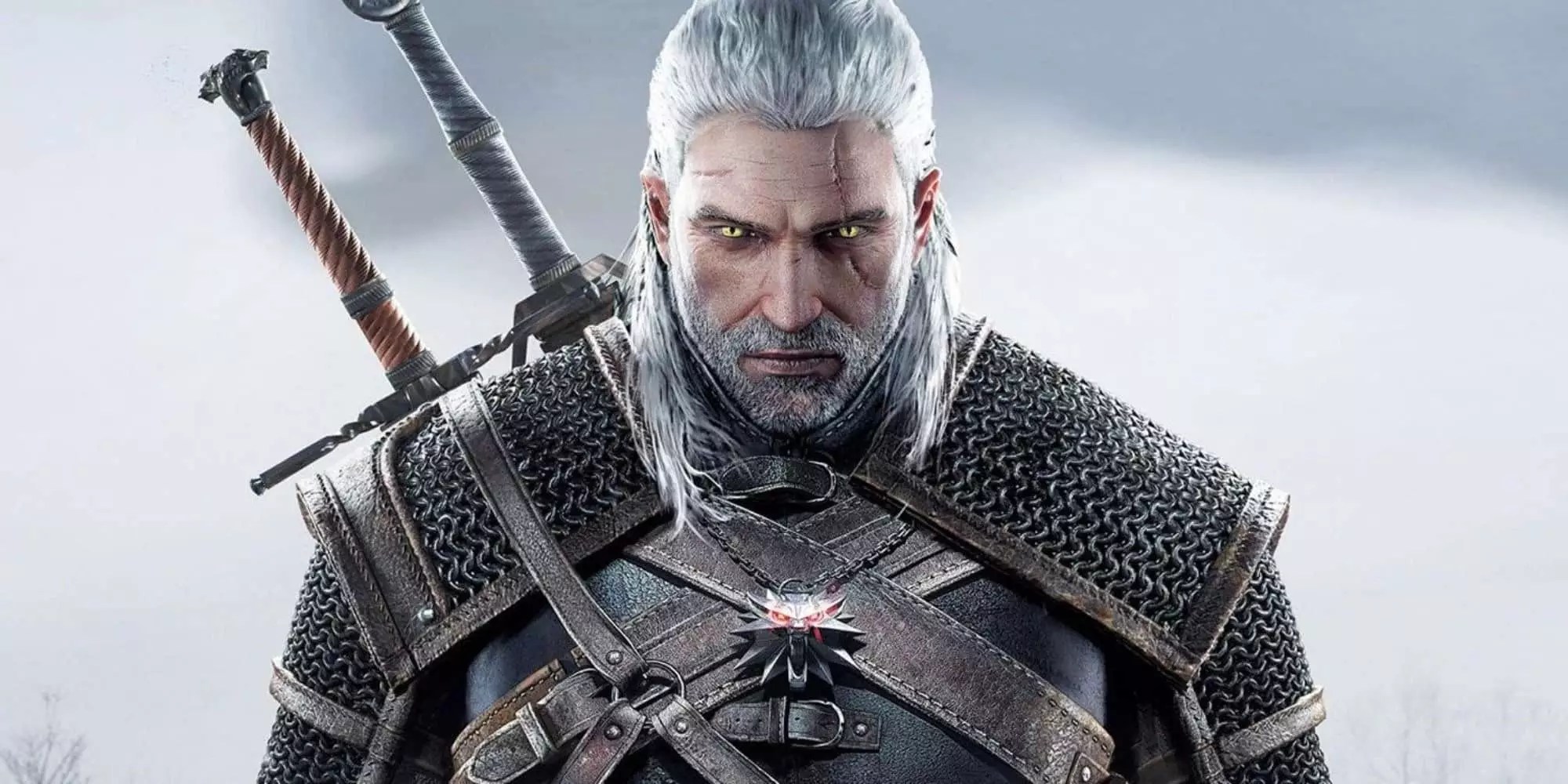CD Projekt has recently announced a significant milestone in the development of its upcoming game, unofficially referred to as The Witcher 4, also known as Project Polaris. The studio has transitioned into “full-scale” production, with approximately 400 developers—representing two-thirds of its entire development workforce—now dedicated to this project. Michał Nowakowski, joint CEO of CD Projekt, expressed pride in their achievements during a recent financial presentation, indicating that the intensive phase of development has begun. This ambitious move marks a decisive effort by the company to build upon the legacy created by its predecessors in The Witcher series.
One of the most intriguing aspects highlighted is the shift in narrative perspective for The Witcher 4. Franchise staple Geralt of Rivia will significantly step back, paving the way for a newer character to take center stage. While speculation is rife regarding the potential of Ciri, Geralt’s adoptive daughter, emerging as this new protagonist, the studio has kept most plot details under wraps. Fans have been abuzz with theories based on the conclusion of The Witcher 3, which supports the possibility of Ciri’s ascension. This narrative pivot could provide fresh storytelling opportunities and character exploration, enhancing the richness of the Witcher universe.
The familiar voice behind Geralt, Doug Cockle, is confirmed to return, albeit in a diminished capacity. This brings a sense of continuity to the franchise, allowing longstanding fans to connect with a character they have experienced over several gaming titles. The mixture of new and returning characters could introduce a dynamic interaction that engages players in unique ways, enticing them to delve into the expansive world CD Projekt has meticulously crafted.
Amid developing Project Polaris, CD Projekt has also reported significant achievements with its other major title, Cyberpunk 2077, which has sold 30 million copies to date. The success of its recent expansion, Phantom Liberty, selling 8 million units, illustrates the ability of the studio to rebound from the adverse reactions post-launch. Their developing sequel to Cyberpunk 2077 is already in motion, employing a dedicated team, alongside efforts to create projects like The Molasses Flood’s Witcher spin-off and a new IP titled Project Hadar. This showcases CD Projekt’s commitment not only to its flagship franchises but also to diversifying its portfolio, ensuring growth and sustainability for the future.
Despite the promising strides, fans might face a lengthy wait before they can sink their teeth into Project Polaris. The shift to full-scale production signifies substantial advancement, yet the complexities of game development suggest it may be years before this next chapter in The Witcher saga graces players’ screens. However, CD Projekt’s rejuvenated focus on quality and player experience, underscored by recent successes, leaves the gaming community optimistic about the path ahead. Whether the studio can meet this anticipation remains to be seen, but the foundation being laid has the potential to cultivate an even grander future for both The Witcher and Cyberpunk franchises.


Leave a Reply